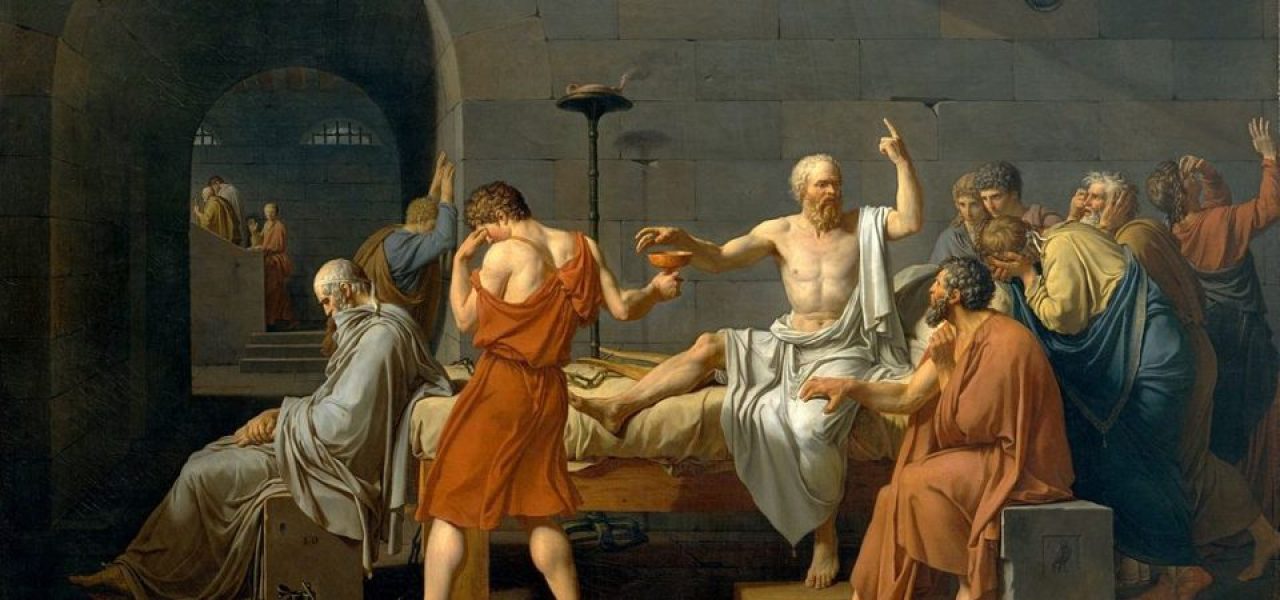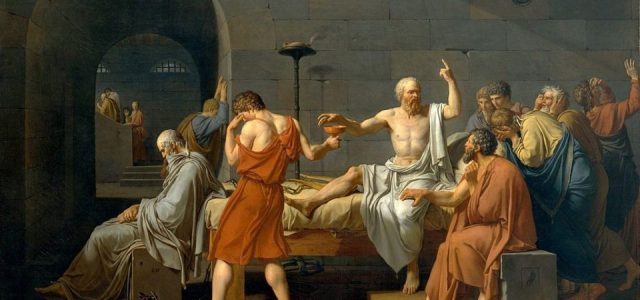Civil conversation isn’t enough. Formulating the right questions isn’t enough.
What the world needs now on all sorts of levels is inquiry – methodical, egalitarian, inclusive, impassioned, unsettling, exhilarating.
Inquiry driven by curiosity, by a sense that the more perspectives the better.
Inquiry that leads to the surprising, the novel, the unfamiliar — that opens portals to new possibilities to who we might be as individuals and as a society.
Inquiry that is based on the premise that people of all ages and walks of life count and that those often left out tend to be the most uncommonly perceptive, when given the opportunity.
Inquiry that emphatically includes and values the wisdom ways of our children and youth, who have a vital and central role to play if our societies are really going to become all they can be, and deserve rights to participation and self-determination.
Inquiry that taps into our childlike questioning lenses. Inquiry that connects us, that makes us feel we’re in this together.
That as a matter of course leads us to discover the glaring gaps and contradictions (when they exist) between what we say and what we do, and what open societies profess and what they actually practice — and that inspires us to bring our promise more and more into practice.
Inquiry that is the furthest thing from argument and debate — that is all about exploration, about discovering uncommon common ground, that leads us to realize, in a sort of epiphany or series of epiphanies, that we need each other, that whether we have multiple doctorate degrees or have never set foot in the hallowed halls of formal institutions of learning, we each have unique experiences, perspectives, stores of wisdom from which we all could benefit.
Socratic inquiry. Or to be more precise: A version of Socratic inquiry that recognizes there are no neat divides between the individual self and the societal self, between our inner cosmos and outer cosmos.
The Greeks of old knew this and tapped into it in a way that led, during their Golden Days, when democracy flourished in the polis, and in the agoras — the public places and spaces of the polis, or city-state.
Inquiry that challenges the ‘common sense wisdom’ of the day, and scrutinizes whether it’s really all that wise.
That recognizes that we humans have it within us to cultivate a democratic self — an open and connected self, a childlike self, curious, inquisitive, constructively skeptical, with a keen social conscience, autonomous, a work in progress,
Enter Socrates Cafe.
The modern term democracy is a blend of two ancient Greek words — demos,, ”people,’ and kratia, ‘power.’
What better way to get democratic and cultivate ‘people power’ than to create opportunities for people of all walks of life to gather together and explore all the right questions.
But you need the tools not only to formulate powerful and potent questions — ones that can revolutionize our sense of who we can be and what we can accomplish as individuals and as a society. — you also need a genuine method for exploring them for all they’re worth.
Enter Socrates Cafe.
Socrates Café is all about making ours, on local and global scales, an inclusive, thoughtful and participatory society where regular exchanges of ideas and ideals among diverse people take place. — all with the aim of creating more and more people power. Our initiatives make it possible for people to approach one another with greater openness, and less fear. They cultivate connectedness, and forge bonds that can galvanize diverse people to take unified action for a greater good..
Our goal is to inspire curiosity and wonder, to nurture self-discovery, and democracy, with a strong emphasis on advancing the equal right to self-determination of our youngest citizens..
Our vision isn’t just about facilitating good conversation. “It’s grass-roots democracy,” Democracy Café founder and executive director Christopher Phillips, PhD, a foremost specialist in the Socratic Method, told Time magazine. “It’s only in a group setting that people can hash out their ideas about how we should act not just as an individual but as a society.”
Our signature initiatives include the global Socrates Café movement — and its kindred version, Philosophers’ Club, for our youngest, as well as Constitution Café, Democracy Café, Declaration Project, First Amendment Conversations with Cops, and Design your Democracy. These programs have touched tens of thousands across the world. Many of have been replicated across the country, and in places Australia, India and Japan, among populations that crave meaningful discourse that galvanize more direct civic engagement.
Our newest undertaking, The Declaration Project, celebrates the spirit of all Declarations that strive to make ours a more open and inclusive world. It gives people of all ages and walks of life the chance to connect with their revolutionary heritage, to discover their political voice, and to take action.
The website for the Declaration Project aims to display the largest collection of Declarations in one online location, and will give people a transformative place to share and formalize their individual convictions. It also provides a forum for engaging in exchanges to discover ‘uncommon common ground’ that can galvanize diverse people into taking unified action.
As the Los Angeles Times notes, ours are “orchestrated discussions on … Solomonic topics at nursing homes, maximum-security prisons, churches, homeless shelters, bookstores and coffeehouses across the country, gently prodding students, urban professionals, unreconstructed slackers, street people and others to share their world-views and scrutinize their most basic assumptions.”
Those who take part rekindle their passion for inquiry –and “not about any chance question,” as Socrates put it in Plato’s Republic, “but about the way one should live.”



